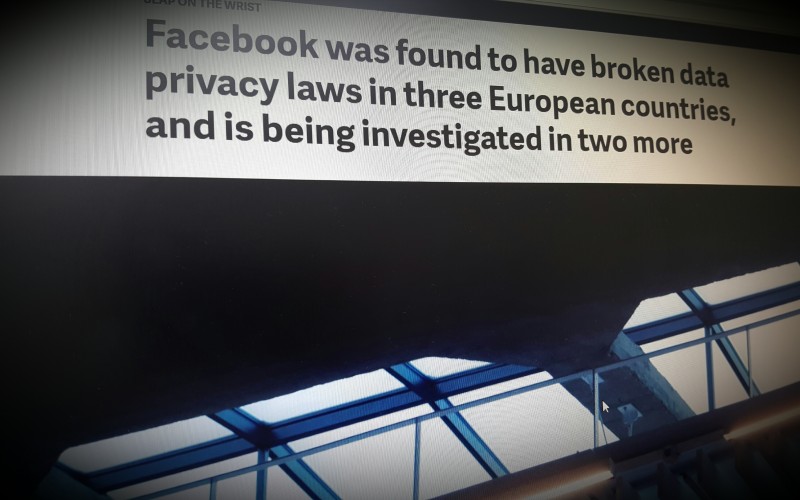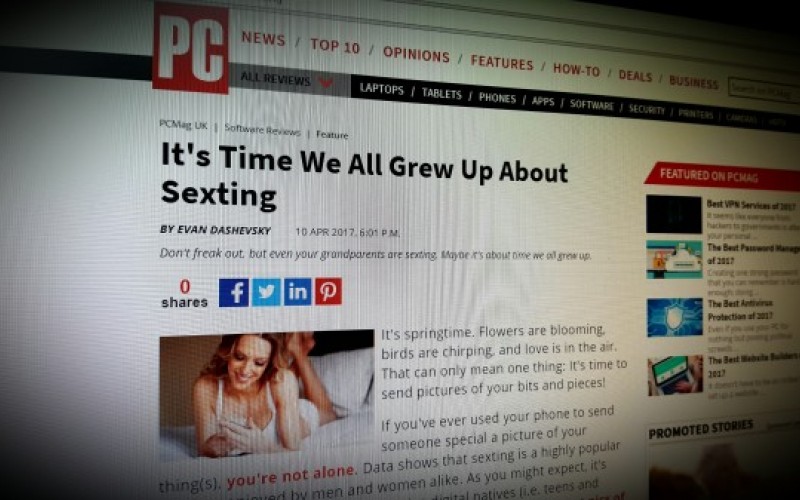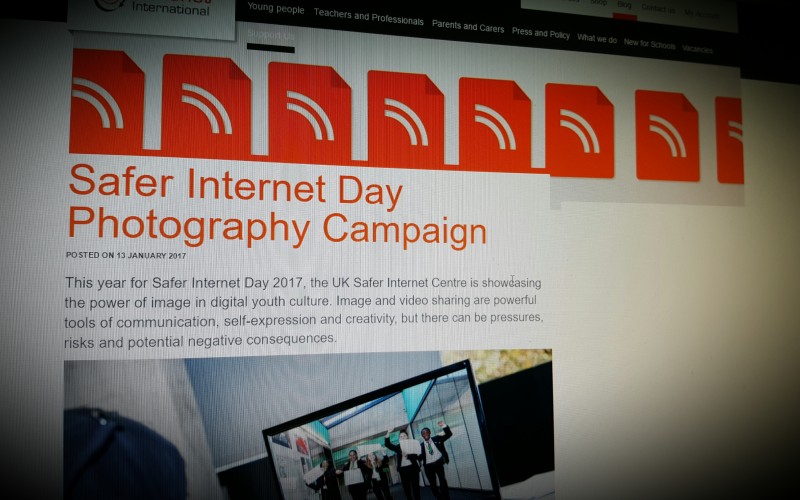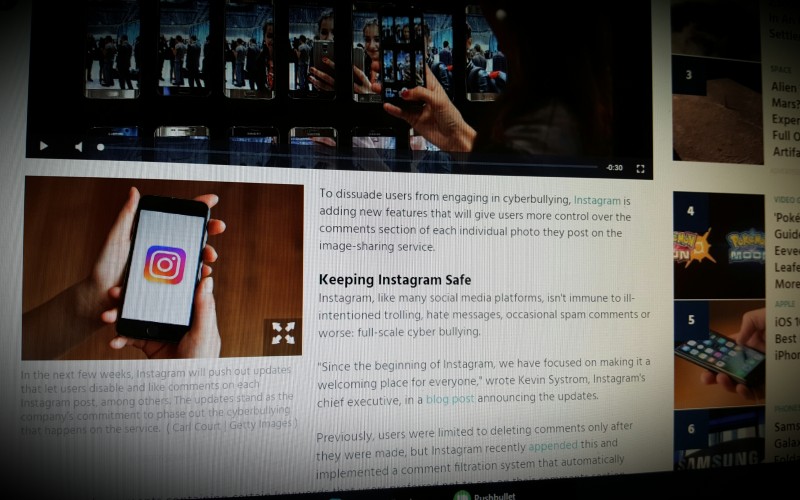Facebook is breaking data privacy laws in France, Belgium, and the Netherlands and faces investigations in Spain and the German city of Hamburg, privacy regulators from those respective areas announced today. French authorities also announced they were slapping Facebook with the maximum fine allowed under French privacy law, of €150,000 ($164,000). To put that in perspective, Facebook generated $27.6 billion in revenues last year.
Adults who work with Young People News
Mainstream media consider sexting to be normal.
'Data shows that sexting is a highly popular pastime enjoyed by men and women alike. As you might expect, it's most common among sexually active digital natives (i.e. teens and young adults). However, it's not only the young'uns sending out pics of their junk. Polls show that sexting is a hobby enjoyed by all sexually active age groups—right on up to retirees. Your grandparents—or at least, some of their friends—are now sexting.'
A mother faces paying more than £20,000 in damages to a school governor in a landmark libel case over comments allegedly posted on her private Facebook page.
A spokesman for Ms Smith said: “The message which prompted the case was only meant to be sent to a close friend. However, it ended up being posted to all her friends — clearly showing the potential pitfalls of Facebook.”
'You may well have seen news and social media posts about ‘Blue Whale’, the posts urge you to share to protect young people from a viral suicide game.
The ‘Blue Whale’ story is a hoax, or fake news, something which is permeating almost every news area recently...'
This article is produced by Penny Patterson at Havering Education Services explores and explains how the online and paper media exploit parents' fears about the potential dangers of social media.
All parents and adults who work with young people should take a few minutes to read this.
Download the document here
Further reading
and
here is a Buzzfeed investigative article on the subject.
This Safer Internet Day we want to empower children to have a positive time online and inspire everyone to ‘Be the change’ and use the positive power of image to help create a better internet. As part of this we are running a national youth photography campaign exploring the power of images in digital youth culture.
Keeping Instagram Safe
Instagram, like many social media platforms, isn't immune to ill-intentioned trolling, hate messages, occasional spam comments or worse: full-scale cyber bullying.
"Since the beginning of Instagram, we have focused on making it a welcoming place for everyone," wrote Kevin Systrom, Instagram's chief executive, in a blog post announcing the updates.
Previously, users were limited to deleting comments only after they were made, but Instagram recently appended this and implemented a comment filtration system that automatically sandblasted comments containing certain keywords that users preferred not to see on their comments section.
Since majority of in-app conversations occur on the comments section of each Instagram post, it's only logical for Instagram to fine-tune its control options further.
Instagram has now introduced a feature that turns off comments altogether, slated to roll out "in a few weeks."






Comments
make a comment